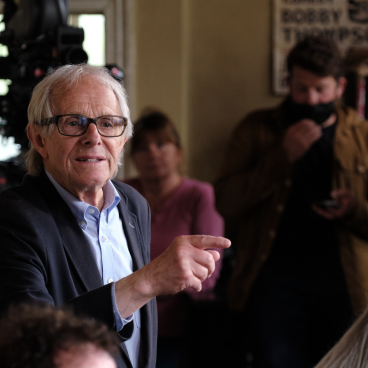Articles 2023
-

The Magic of Being Simple
Şenay Aydemir
What has allowed Ken Loach to carve out a special place in the history of cinema isn't just his creation of unforgettable films. It's also the way he has turned this magnificent art form into a staunch defense of his deeply held political beliefs. Equality, freedom, justice, and the struggle of labor are at times the direct, and at times the indirect but indispensable themes of his cinema.
Ken Loach doesn't withhold his intellectual responsibility for issues such as the Spanish Civil War (Land and Freedom), Latin America (Carla's Song), or the history of Ireland (The Wind That Shakes the Barley), and he extends this responsibility to young people (Kes, Sweet Sixteen), for instance.
Described as the "poet of the working class," this isn't just a romantic expression. He considers it his duty to depict the daily life of the British working class in a simple and effective manner. He is, in a way, the modern storyteller of the British working class, who had to survive both during the Cold War era and under the neoliberal attacks that began with Thatcher.
Loach has adapted Johan Cruyff's saying, “Playing football is very simple, but playing simple football is the hardest thing there is.” to cinema. He doesn't need grand performances or dazzling frames in his films. The great power of Loach's films lies in the "simple" elements, which, when combined collectively, create an effect greater than the sum of their parts. In Ken Loach's films, everything takes its place on the screen quietly and gracefully, making room for the next without making a fuss. This calmness is the magic of Ken Loach's cinema.
After watching a good Ken Loach film and leaving the cinema, you might not find the courage to change the world within yourself, but your belief in human nature and the potential of collective effort will undoubtedly be strengthened.